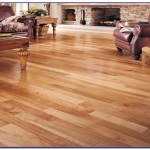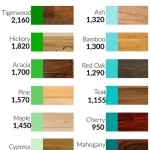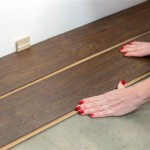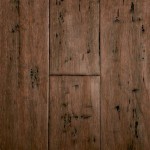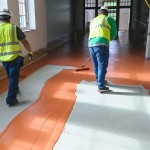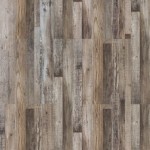Essential Aspects of the Best Underlayment for Vinyl Tile Flooring
When selecting the ideal flooring for your home or business, vinyl tile flooring stands out as a remarkable option. Its durability, ease of maintenance, and cost-effectiveness make it a popular choice among homeowners and commercial property owners alike. However, to fully optimize the performance and longevity of your vinyl tile flooring, choosing the right underlayment is paramount.
Underlayment, a thin layer installed beneath the vinyl tiles, plays a crucial role in providing support, reducing noise, and preventing moisture penetration. Various types of underlayment are available, each with unique characteristics suited to specific flooring needs. Here are some essential aspects to consider when selecting the best underlayment for your vinyl tile flooring:
1. Types of Underlayment
The primary types of underlayment used with vinyl tile flooring include:
- Cork Underlayment: Renowned for its sound absorption and insulation properties, cork underlayment effectively reduces noise and provides a comfortable walking surface.
- Rubber Underlayment: Highly resilient and durable, rubber underlayment offers excellent support and cushioning, making it ideal for areas with heavy foot traffic.
- Foam Underlayment: Comprised of polyethylene or polyurethane, foam underlayment is lightweight, cost-effective, and provides moderate support and noise reduction.
2. Thickness and Density
Underlayment thickness and density impact its performance and suitability for different flooring applications. The thickness of underlayment typically ranges from 1/16 inch to 1/4 inch. Thicker underlayment provides more cushioning and support, but it may require additional height adjustment for transitions between rooms.
Density refers to the compactness of the underlayment material. Higher density underlayment is more durable and provides better support, while lower density underlayment is more flexible and easier to install.
3. Moisture Barrier
Moisture protection is essential for vinyl tile flooring longevity. Moisture penetration can damage the adhesive bond between the tiles and the subfloor, leading to premature failure.
Some underlayment products incorporate a moisture barrier, such as a polyethylene film, to prevent moisture from reaching the flooring. This feature is particularly important in areas prone to moisture, such as kitchens, bathrooms, and basements.
4. Sound Reduction
Noise reduction is a desirable feature for many flooring applications. Underlayment can effectively absorb and dampen sound, creating a quieter and more comfortable environment.
When selecting an underlayment for sound reduction, consider its impact insulation class (IIC) rating. The higher the IIC rating, the better the underlayment's ability to reduce noise transmission.
5. Compatibility with Flooring and Subfloor
Ensure compatibility between the underlayment and both your vinyl tile flooring and the existing subfloor. Refer to the manufacturer's recommendations for specific underlayment products compatible with your flooring and subfloor type.
6. Installation Considerations
The ease of installation is another important factor. Some underlayment products are self-adhesive, while others require additional adhesives or fasteners. Choose an underlayment that is easy to install, ensuring a smooth and professional-looking finish.
By considering these essential aspects and consulting with flooring professionals, you can make an informed decision on the best underlayment for your vinyl tile flooring. The right underlayment will enhance the performance, durability, and comfort of your flooring, ensuring its long-lasting beauty and enjoyment.

Vinyl Flooring Does It Need Underlayment Word Of Mouth Floors

Underlayment For Vinyl Flooring The Only Guide You Need Floor City

Underlayment For Vinyl Floors 2 Big Questions Answered Pliteq Inc

Underlayment Buyer S Guide

Choosing The Right Lvp Underlayment A Complete Guide For Optimal Flooring

Do I Need An Underlayment For Vinyl Flooring Lx Hausys
Blogs Floor Decor

A Beginner S Guide To Installing Vinyl Plank Flooring Dumpsters Com

Do You Really Need Underlayment For Installing Vinyl Plank Flooring Diy Beginners

Selecting The Best Underlayment For Vinyl Plank Flooring Saw Guy
Related Posts

